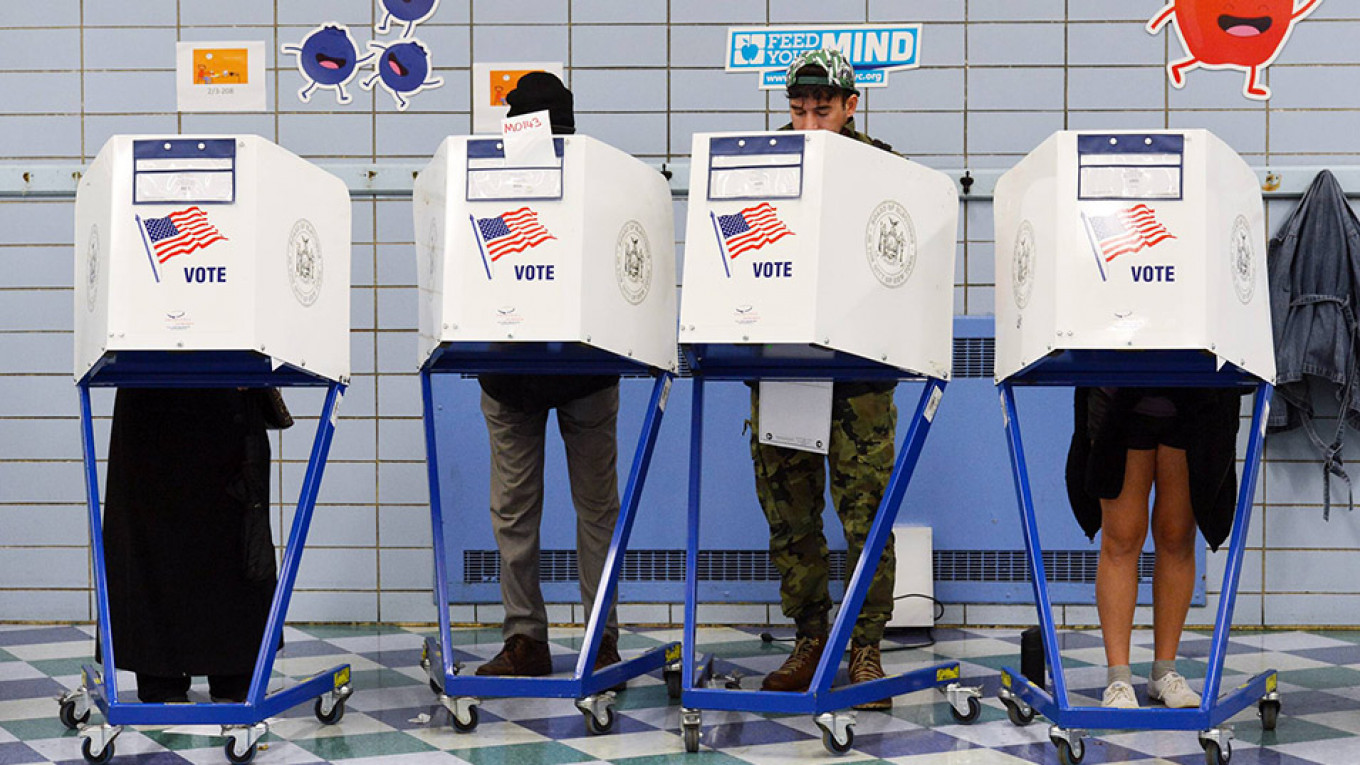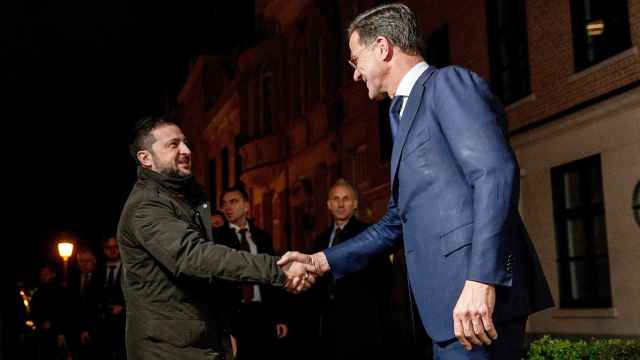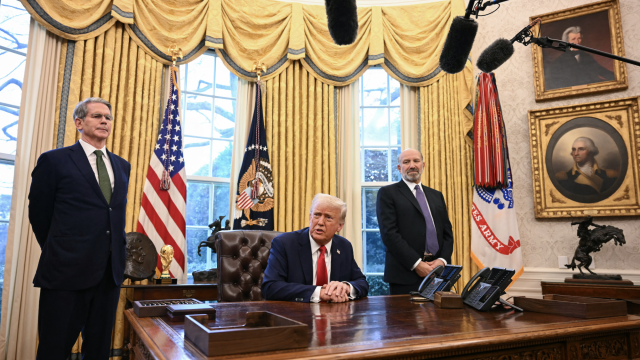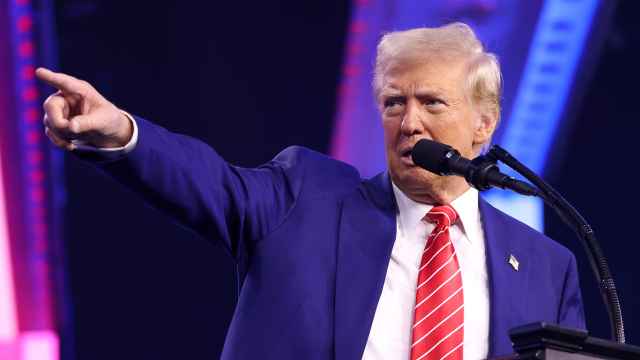With only a year left until the 2020 U.S. presidential elections, it is prime time to discuss the Russians. No, not the Russian-speaking voters of Brooklyn or Silicon Valley, nor even the Russian hackers who are allegedly trying to meddle in the campaign again.
No, here we will talk about the average Russian citizen living in an average apartment block and their inability to understand any U.S. elections on two key levels.
The electoral process as a competition of ideas, rather than individual candidates
While Trump’s electoral victory — based on charisma, more than ideology — three years ago was widely seen in the U.S. as an error and abnormality, it looked entirely normal from the vantage point of Russian politics. This is also probably why the 2016 elections were the most understandable for Russians in decades.
Here, Russians can’t change their government through elections and have to suffice with the imitation of elections in which the predetermined winner gets to pick his opponents and set the rules. Even then, the Russian equivalent of Joe the Plumber (let’s call him Ivan the Plumber) cannot help but be impressed by a strong and powerful man saying what’s on his mind despite social pressure.
In the Putin-is-coming-back-to-the-Kremlin elections of 2012, the actual slogan of the campaign was: “If not Putin, then who?” The phrase rapidly caught on among people aged 40 and older, proving exactly the point that it’s an idea that could take down Vladimir Putin, but an actual bright person.
The catch was that in the 12 years before the “If not Putin, then who?” campaign, the Kremlin had used the legal system and media to systematically destroy anyone who could have been the answer to that now-rhetorical question. All contenders were either in jail, in exile or simply unknown to a wider audience. Others were portrayed as clowns or “useful idiots” (and since they collaborated with the Kremlin for many years, I guess they really were useful idiots).
Seven years have passed since the 2012 elections, and opposition leaders like Alexei Navalny have now tried to use the Kremlin’s rhetoric against it, consciously avoiding ideological battles and focusing on charismatic ones.
In the present day, any analysis of Russian politics that uses terms like socialist and conservative or left and right would simply be a lie. There are no political actors in Russia now who take solid stances on issues like the income tax or gay marriage.
This means that any politician can say something and in two years express the opposite view, without anyone batting an eye — because that’s what everyone does! Moreover, while all political parties in Russia have an official “ideology” and “program,” practically no one ever reads or discusses them. How can you know if the ruling United Russia party is more left- or right-leaning? The same question can be asked of Navalny’s movement.
The answer is simple: Both parties are leaning toward being in power. Everything else is undetermined.
What is even more depressing is the fact that even younger and middle-class Russians practically never have the left-or-right discussion, preferring instead the Putin-or-Navalny simplification.
This is why an American and a Russian following the U.S. presidential election process — from the primaries to the day of voting — will in fact perceive different things. For the Russian, it will merely look like a battle between more or less charismatic politicians, and nothing else.
The difference between Republicans and Democrats
I have always wondered why my compatriots are never able to tell the difference between Republicans and Democrats, and I finally seem to have found the answer.
The thing is that Russians are simply not familiar with a situation in which all political forces are not hostile toward democracy and the free market. Historically, those in favor of these institutions in Russia have been called liberals or democrats (interchangeably), starting with the Cadets party before the Russian Revolution and continuing with Yeltsin’s guys after the fall of the Soviet Union in the 1990s.
In the new millennium, and specifically in the 2010s, liberals and democrats have become so marginalized that they have no representation in the Russian parliament at all.
Russia’s politics over the past century and more has essentially been characterized by the battle between those who are in favor of democratic procedures and capitalism and those who strive for authoritarianism and a state-controlled economy.
This is why it is hard for a Russian to comprehend that if the Democrats advocate for more social and political freedoms, that does not automatically mean that the Republicans are against civil liberties; or if the Republicans support free enterprise that does not mean their political opponents want to shut down businesses and nationalize them.
The very competition between the two major American parties is hardy comprehensible for Ivan the Plumber because he does not think in terms of being for or against things like lower taxes or abortion.
On the other hand, that also may be the reason why no one has ever asked his opinion on these matters in an arena where his opinion may have political weight.
A Message from The Moscow Times:
Dear readers,
We are facing unprecedented challenges. Russia's Prosecutor General's Office has designated The Moscow Times as an "undesirable" organization, criminalizing our work and putting our staff at risk of prosecution. This follows our earlier unjust labeling as a "foreign agent."
These actions are direct attempts to silence independent journalism in Russia. The authorities claim our work "discredits the decisions of the Russian leadership." We see things differently: we strive to provide accurate, unbiased reporting on Russia.
We, the journalists of The Moscow Times, refuse to be silenced. But to continue our work, we need your help.
Your support, no matter how small, makes a world of difference. If you can, please support us monthly starting from just $2. It's quick to set up, and every contribution makes a significant impact.
By supporting The Moscow Times, you're defending open, independent journalism in the face of repression. Thank you for standing with us.
Remind me later.








